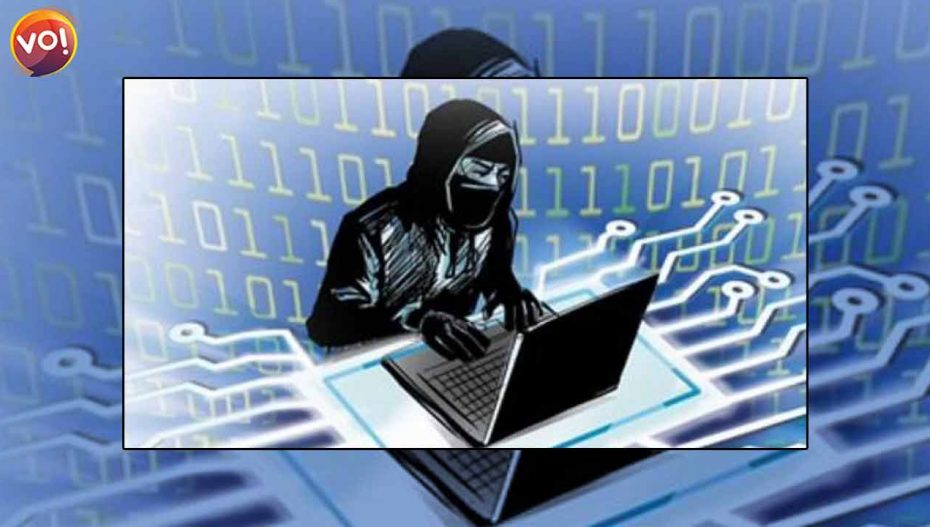A special Pocso court in Ahmedabad acquitted a man in a case of cyberstalking and enticing a 13-year-old girl for pornographic purposes as the police were unable to furnish the certificate mandatory to authenticate electronic evidence.
The Pocso court accepted that the offence of harassment of the minor took place on the internet and awarded Rs 1 lakh compensation to the girl.
However, it observed that the prosecution could not establish that the accused person had committed the offence using his mobile phone, mobile numbers, SIM cards and social media accounts.
The court refused to link the accused and the offence because the prosecution did not furnish a certificate that is required under Section 65B of the Evidence Act to prove that the electronic evidence is not doctored.
The man put on trial was a 38-year-old from Jodhpur in Rajasthan. The cybercrime cell registered an FIR in November 2021 against him for creating a fake Instagram ID in a girl’s name and enticing a minor girl from Ahmedabad into sharing her nude photographs and videos with him.
When he allegedly insisted that the victim should share more photographs with him, she blocked the ID he had been using to communicate with her. Later, he contacted her using another fake ID and threatened to circulate her photos if she did not send him more pictures.
This led the minor’s father to lodge a complaint and the police booked the man under Section 354D of IPC for stalking and Sections 11, 12, 13 and 14 of the Protection of Children from Sexual Offences Act for making her share her nude photos and harassment.
He was also booked for violation of the Information Technology Act because he used his mobile phone and internet to allegedly create fake Instagram IDs.
During the trial, the prosecution examined 11 witnesses and presented documents including FSL reports and DVDs about the communication that had allegedly taken place on the social media platform between the accused and the victim.
The statements of officials of telecom companies concerned were also recorded during the trial.
However, in the absence of the mandatory certificate under Section 65B of Evidence Act, the court observed that the prosecution’s evidence could not establish who created fake IDs on the accused’s phone and who sent messages to the victim because the evidence to this effect was not placed on record.
Also Read: India-Italy Migration, Mobilty Pact Gets Centre’s Nod











